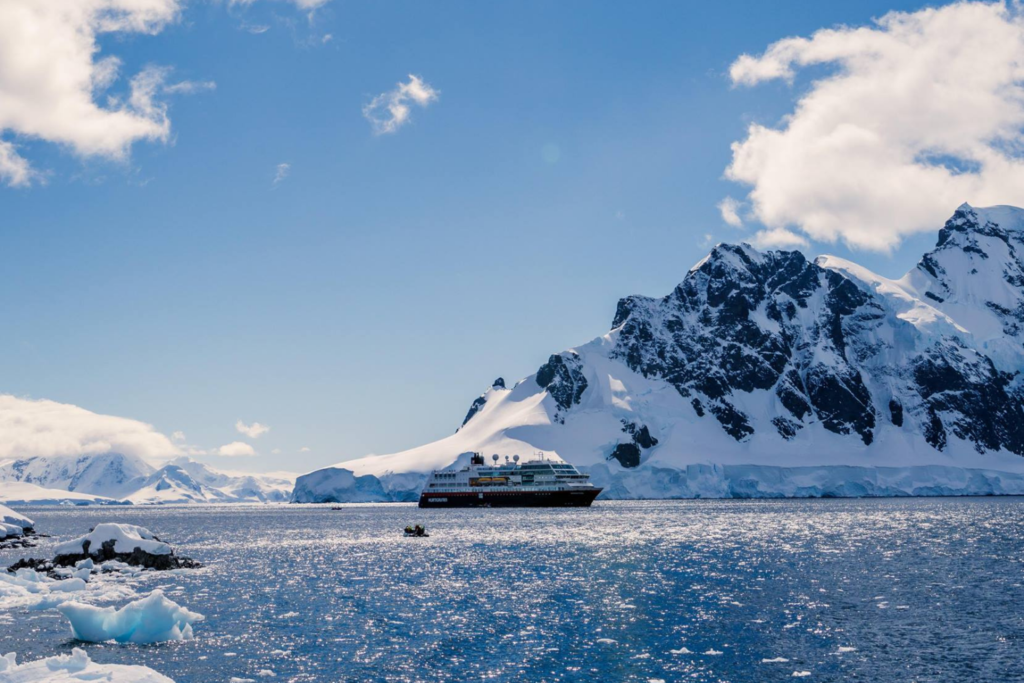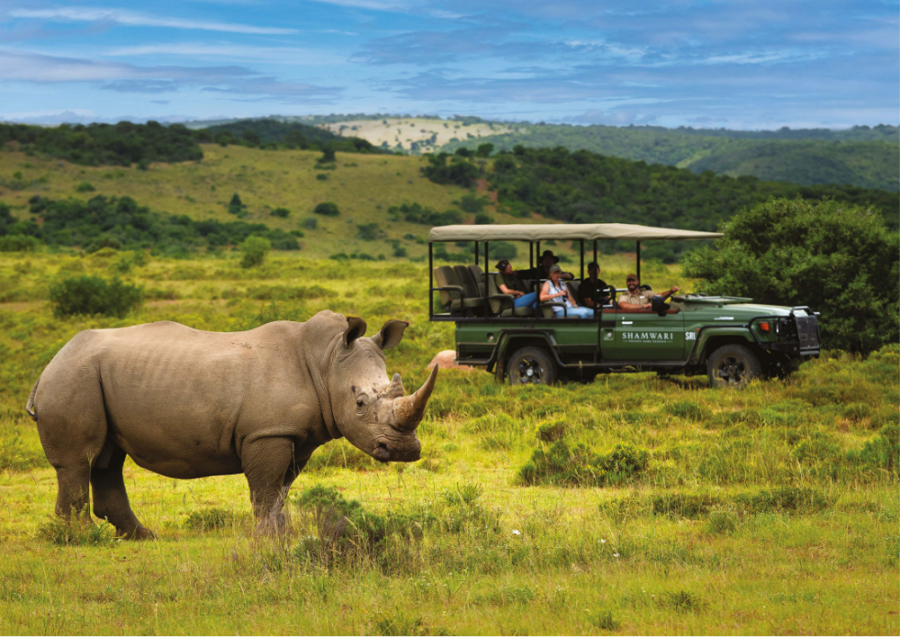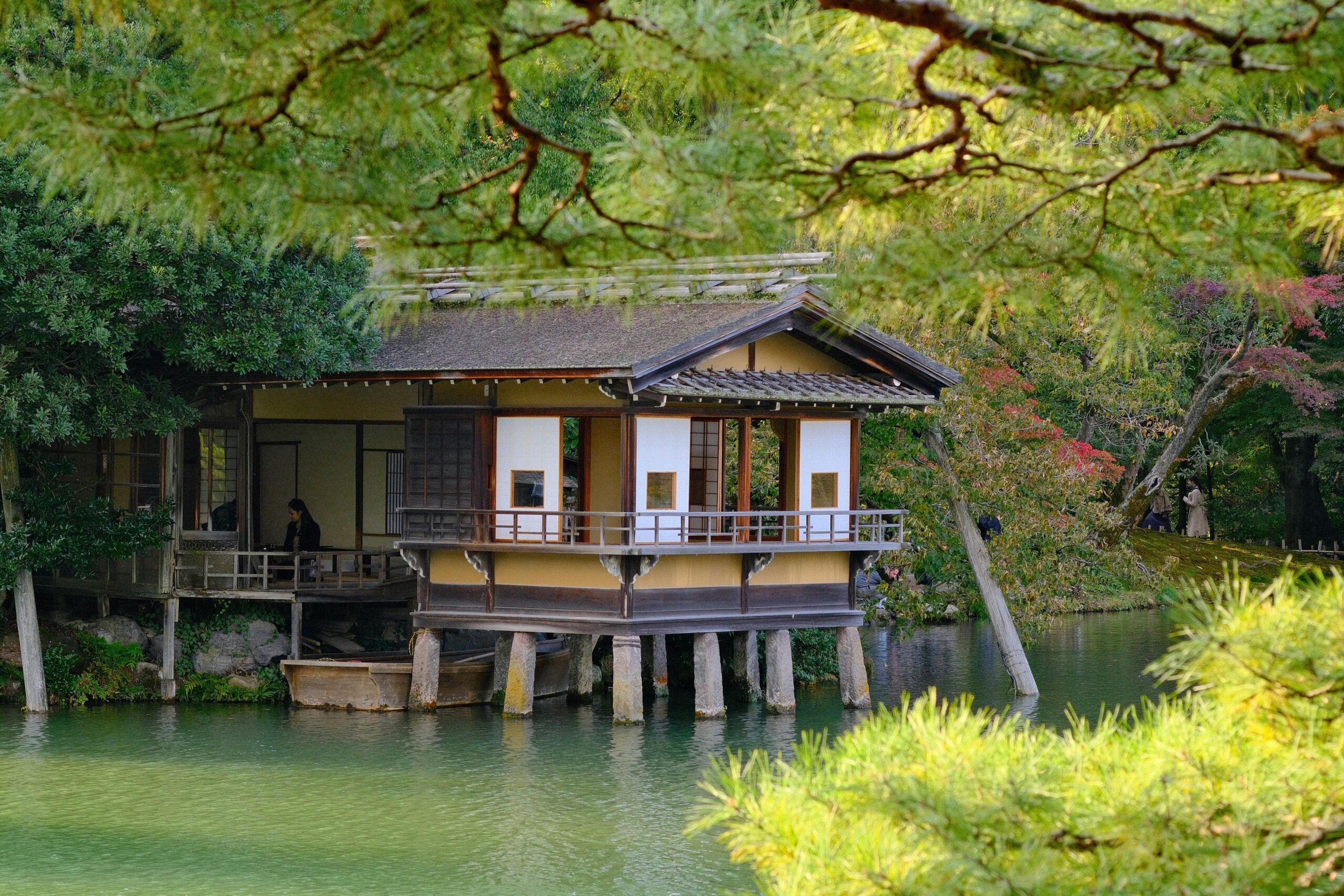Words by Korina Miller
From the late 1400s, the Northwest Passage seized the imaginations of Europeans seeking a trade route from the Atlantic to the Pacific and on to Asia. Stories of those early explorers have gained mythical proportions in Canadian folklore. Ship after ship, they entered the frozen wilderness, only to be swallowed whole or cast back out. Soaring fjords, solitary polar bears and isolated Inuit communities dotted the way like uncharted constellations, while the Northern Lights bestowed an unearthly quality to the night sky.

History of exploration
The first attempt was made by Venetian John Cabot, sailing under the British flag in 1498 with five ships and over 200 men. They disappeared into the passage, never to return. Cabot was followed by French and Spanish attempts and, in 1610, Henry Hudson’s British crew, who became trapped within thick ice sheets in a large bay. When the ice began to melt in spring, the crew mutinied and set their captain adrift in a small boat, before hotfooting it back to England. Hudson was never seen again, the bay claiming both his life and his name.

In 1845, John Franklin led yet another English expedition, with the crew eventually abandoning the icebound ships and setting off on foot. Local Inuit claimed the men turned to cannibalism in an attempt to survive. In the past decade, diving expeditions have discovered the remains of
Franklin’s ships, their secrets still held safe in the depths of the Arctic Sea.
The Irish sent Robert McClure in search of Franklin, and in 1854, his crew became the first to cross the passage by ship and sled. It wasn’t until 1906 that Norwegian Roald Amundsen and his small crew emerged with their ship on Alaska’s Pacific coast, the first to sail the passage in its entirety.
Icebergs and narwhals

The sights that drew these men centuries ago continue to lure adventures to the Arctic Sea. The quest of crossing the Northwest Passage is one filled with a beauty unseen elsewhere in the world and known to few. Close to 900 miles in length, the route stretches from Baffin Island in Canada’s North Atlantic Sea in the east, to the Beaufort Sea north of Alaska in the west. With ever-changing ice flow and shifting icebergs, no journey is replicated.
What you can expect are startling encounters with some of the world’s rarest wildlife. Lancaster Sound, the “Wildlife Superhighway” in the passage’s far east, rewards the patient onlooker. In early summer, as the ice melts, pods of beluga whales venture north in search of fish. Whistling and clicking, these canaries of the sea offer up one of nature’s more unusual symphonies. Around this time, narwhals also leave their winter abode below the sea ice to pierce the sky with their 10-foot tusks, somehow remaining elusive at almost 2,000kg.
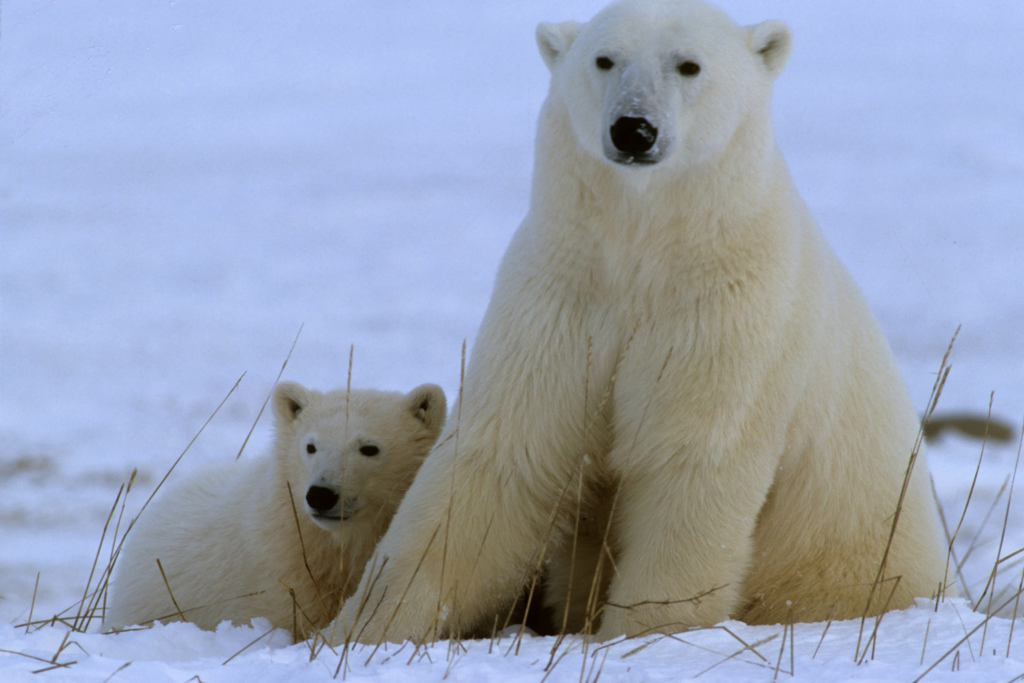
The arrival of the sea life also draws polar bears, stark white against the blue ice, as they begin their migration east along the passage. Regularly spotted on Banks Island, families of giant, horned musk oxen munch on the tundra, while blubbery walruses loll about on the ice near Devon Island.
With a watchful eye on all of this, Inuit communities live along the passage in almost complete isolation. Tradition and culture run deep here, with small hamlets boasting prospering art coops alongside endless generations of hunters and fishers. Family, community and respect for the land hold together a people who have thrived in this icy frontier for at least 5,000 years.

Sights of the passage
In Greenland’s picturesque town of Ilulissat, across the Davis Strait from Baffin Island, ice rumbles as it breaks free from the nearby fjord. Floating like giant sculptures just offshore, these icebergs continue to humble explorers with their sheer size. Created by the swiftest moving glacier in the world, this UNESCO-listed icefjord is believed to be the birthplace of the iceberg that sunk the illfated Titanic.
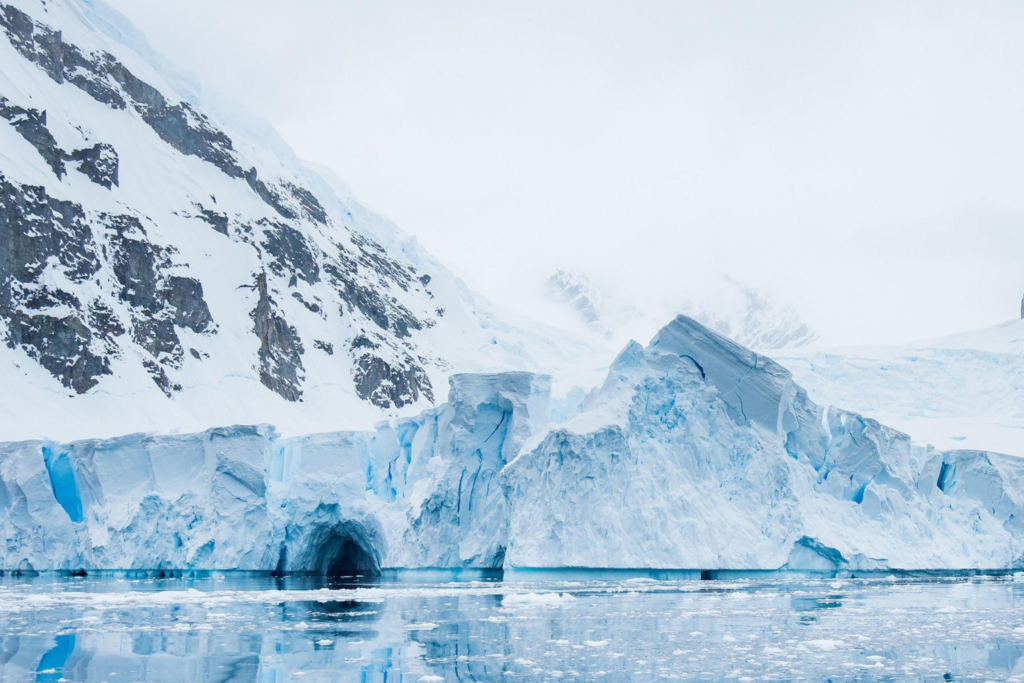
Other locations offer opportunities to time travel. On Somerset Island, the Hudson Bay Trading Company’s abandoned Fort Ross stands stoic against the cold wind, its sleeping bunks and shelves of canned goods still calling to adventurers seeking shelter. A more sombre experience awaits on Beechey Island, where ships traditionally pay homage to the burial site of three members of Franklin’s crew. Amundsen wintered at Gjoa Haven on King William Island, where summer sees 24-hour sunlight, and members can experience the welcome he received from the local Inuit, which saw him through the darkness and -34C chill of the winter months.
Warming temperatures make present-day journeys through the passage less formidable, but in this place where nature is at its wildest, and isolation abounds, little in the voyage is predictable. For true adventurers, these elements are the major attraction of the frozen Northwest Passage. Taking the lead of the heroic explorers of centuries past, the thrill of the unknown and the feeling of real discovery await.
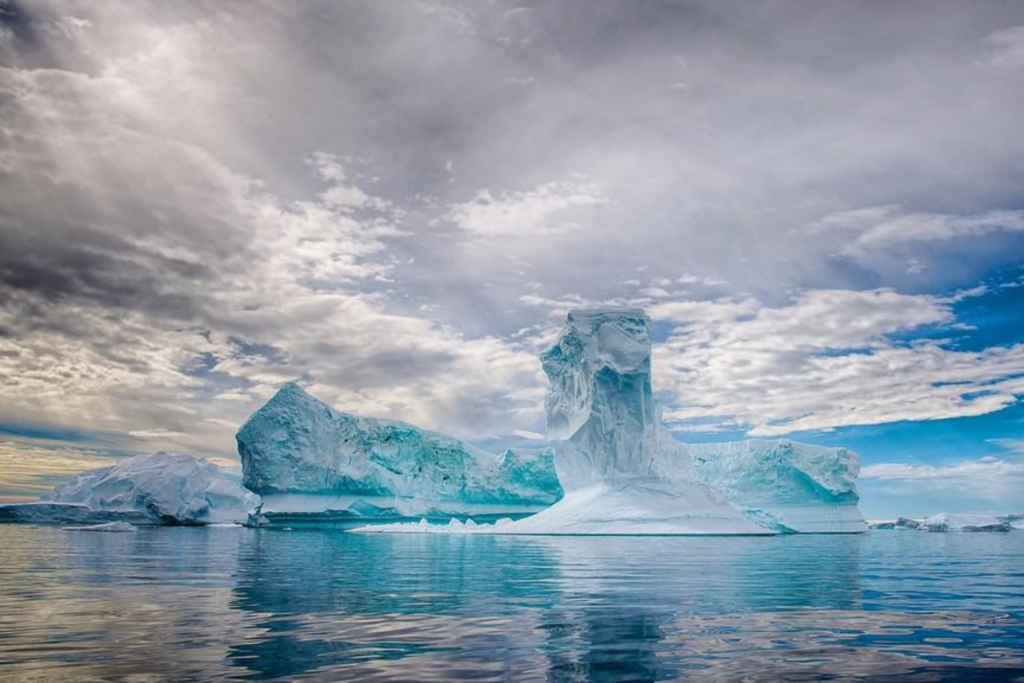
Korina Miller grew up on Vancouver Island and has a degree in Canadian Studies and an MA in Migration Studies. She has travelled to 36 countries and written for Lonely Planet, the BBC and The Telegraph, but most enjoys covering her Canadian homeland.
Experience the Northwest Passage with concierge
The passage is only passable from July to September, and visiting in September offers greater likelihood of seeing the Northern Lights. There are, unsurprisingly, few options for visiting the Northwest Passage independently. However, you can fly to Ilulissat and join a boat tour from the passage’s eastern side. Alternatively, fly to Gjoa Haven in the icy heart of the passage to join wildlife expeditions and experience traditional Inuit culture.
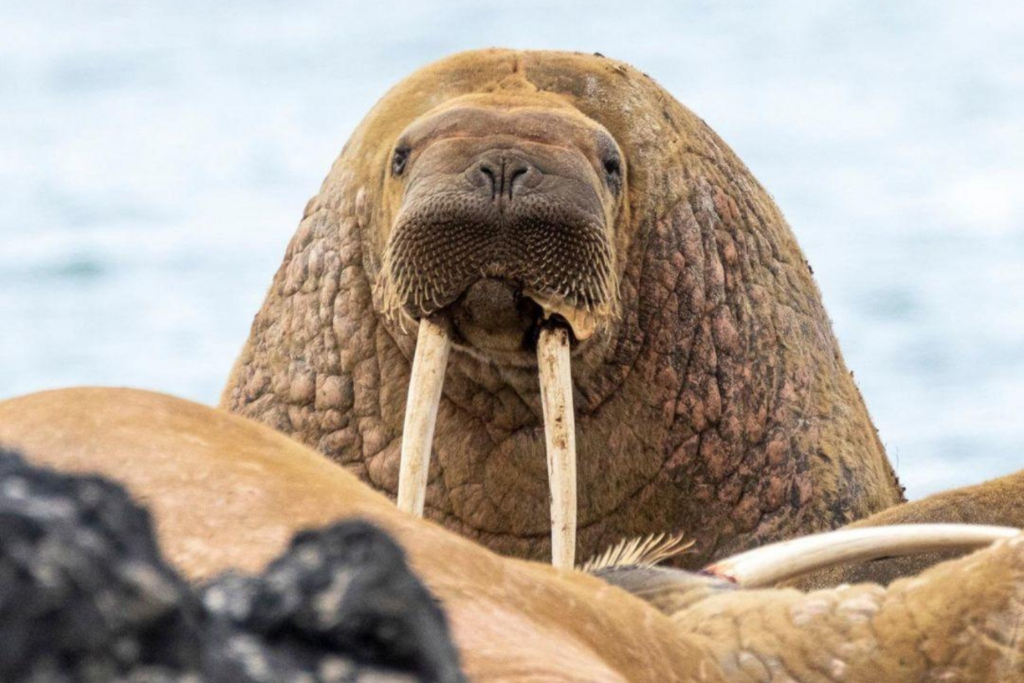
By far the most fulfilling way to experience the Northwest Passage is to sail its full length. A 26-day cruise expedition from Vancouver east to Halifax aboard the MS Roald Amundsen has a departure scheduled for August 2021. Our Travel team has already received several enquiries from our members about this once-in-a-lifetime adventure to see the whales, walruses, icebergs and fjords of far-northern Alaska, Canada and Greenland, and our specialist Tailor-made team can help you realise your dreams of safely visiting challenging, off-the-beaten-track destinations.
Or, if you fancy travelling somewhere with warmer climes, discover if you’re more suited to exploring the Masai Mara in Kenya or the Serengeti in Tanzania. If you’re looking for more holiday inspiration for 2021, become a member for ideas, advice and bookings.
